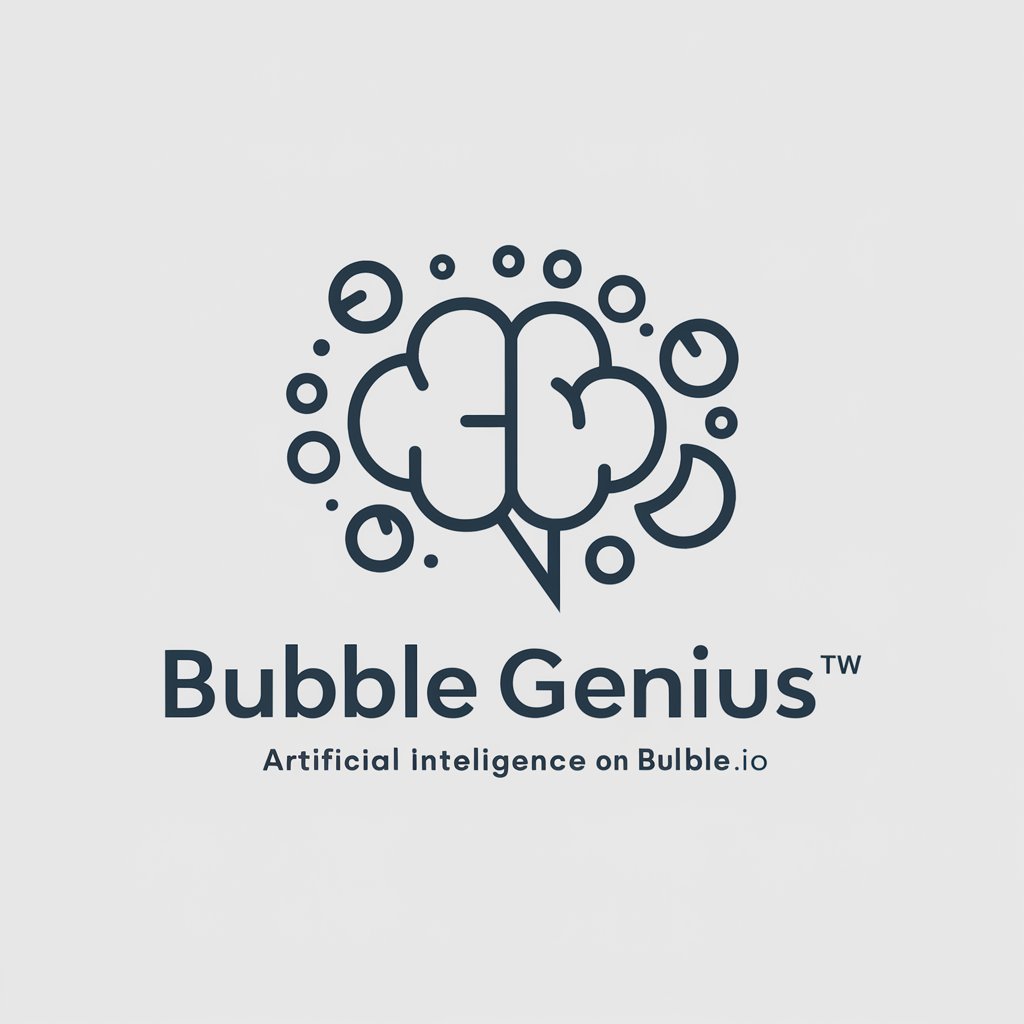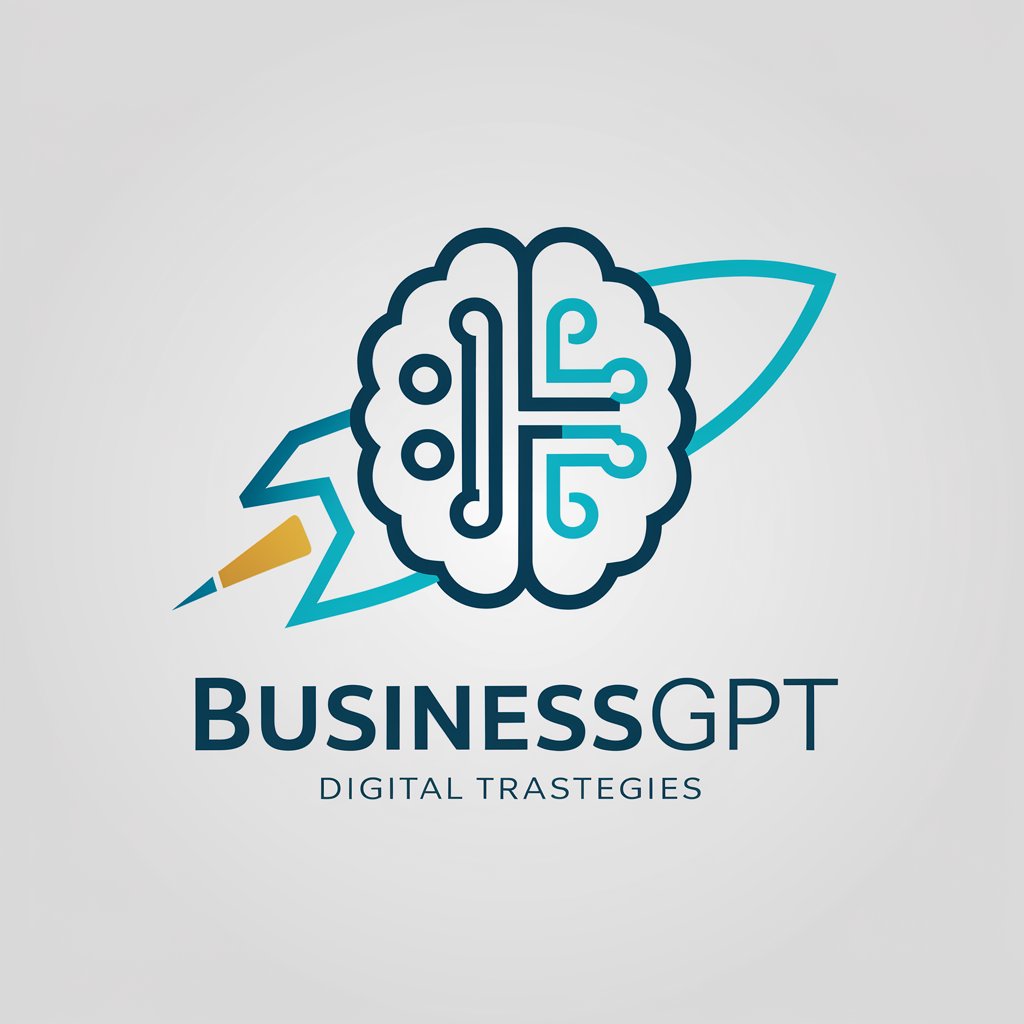Pythonista - Python Programming Assistant

Hi, I'm Pythonista, your Python programming buddy!
Empowering your Python journey with AI.
How do I use lists in Python?
Can you review this Python code for errors?
What are Python best practices?
Explain Python's lambda functions.
Get Embed Code
Introduction to Pythonista
Pythonista is a specialized assistant designed to support beginner and intermediate Python programmers by offering guidance on Python programming concepts, syntax, and best practices. Its primary goal is to make learning Python more approachable and less daunting, ensuring users can effectively understand and apply Python coding principles. Through reviewing code snippets, providing debugging assistance, and explaining programming concepts, Pythonista aims to foster a supportive learning environment. An example scenario where Pythonista shines is when a user struggles with understanding how to implement a function. Pythonista can provide a step-by-step guide on function definition, usage, and best practices, complete with examples of function calls and parameter handling. Powered by ChatGPT-4o。

Main Functions of Pythonista
Code Review and Debugging Assistance
Example
A user submits a snippet of Python code that's not working as expected. Pythonista reviews the code, identifies syntax errors or logical mistakes, and suggests corrections.
Scenario
A beginner is trying to write a Python function that calculates the factorial of a number but keeps running into a 'RecursionError'. Pythonista explains the concept of base cases in recursive functions and helps them correct their code.
Explaining Python Concepts and Best Practices
Example
A user is confused about list comprehensions. Pythonista provides a detailed explanation of the concept, including syntax and how it can be used to write more concise and readable code.
Scenario
An intermediate programmer wants to improve their code's performance. Pythonista suggests using list comprehensions instead of loops for simpler list operations, providing examples for comparison.
Guidance on Python Libraries and Frameworks
Example
A user is new to data analysis and doesn't know how to start using pandas. Pythonista offers an introduction to pandas, including how to install it, load data, and perform basic data manipulation tasks.
Scenario
Someone is looking to develop a web application but is unsure which framework to choose. Pythonista explains the differences between Django and Flask, helping them decide based on their project needs.
Ideal Users of Pythonista Services
Beginner Programmers
Individuals new to programming or Python specifically, seeking to understand the fundamentals of Python syntax, data structures, and basic programming concepts. Pythonista helps them grasp the basics through examples and targeted advice.
Intermediate Programmers
Programmers with some experience in Python looking to deepen their knowledge, understand more complex concepts, or improve their coding practices. Pythonista provides insights into more advanced topics like decorators, generators, and comprehensions.
Data Science Enthusiasts
Individuals interested in data analysis, machine learning, or data visualization using Python. They benefit from Pythonista's guidance on using libraries like pandas, NumPy, and Matplotlib, and advice on best practices for data manipulation and analysis.
Educators and Trainers
Teachers or tutors providing Python training who need supplemental resources to explain concepts more clearly or solve common student problems. Pythonista can offer alternative explanations or additional examples to enrich their teaching material.

How to Use Pythonista
Start Your Journey
Access Pythonista by visiting yeschat.ai to engage with an AI-powered Python programming assistant. No sign-up required, and there's no need for ChatGPT Plus for the initial trial.
Identify Your Needs
Determine the specific Python programming challenge you're facing. This could range from debugging a piece of code to understanding a complex programming concept.
Engage with Pythonista
Pose your question or describe the programming issue. Be as specific as possible to ensure the guidance provided is targeted and helpful.
Apply the Advice
Use the insights and code examples provided by Pythonista to address your programming needs. Experiment with the solutions in your own coding environment.
Iterate and Learn
Continue to explore different Python topics, ask further questions, and practice coding. Pythonista is designed to support continuous learning and skill enhancement.
Try other advanced and practical GPTs
CLOCK
Empower your day with AI

Great Grandparents 1600-1700 AD🕰️🌍
Bridging Centuries with AI-Powered Wisdom
Bubble Genius
Empowering Bubble.io users with AI-driven insights.

BusinessGPT
Empowering businesses with AI insights

Pentest Advisor
AI-powered cybersecurity insights at your fingertips.

! Chef Academic USA
Explore American cuisine with AI-driven insights.

Chemistical
Empowering Chemistry with AI

Tipalti Python Architect
Streamlining finance with AI-powered Python tools.

Guiding Light Tutor
Empowering learners with AI-driven guidance.

Bonjour!
Master French with AI-Powered Insights

Data Helper
Empowering Your Data Journey with AI

RoBeat Strategist
Elevate Your RoBeats Strategy with AI

Frequently Asked Questions about Pythonista
What kind of Python queries can Pythonista help with?
Pythonista assists with a wide range of Python-related queries, from syntax errors and debugging to best practices and concept explanations. Whether you're a beginner needing to understand basic constructs or an intermediate programmer looking for optimization tips, Pythonista can provide tailored support.
Is Pythonista suitable for complete beginners?
Absolutely, Pythonista is designed to make learning Python accessible and engaging for complete beginners. It offers step-by-step guidance, clear explanations, and examples that beginners can easily follow and understand.
Can Pythonista help with data science projects?
Yes, Pythonista can provide guidance on Python's use in data science, including help with libraries like NumPy, pandas, and Matplotlib. It can offer advice on data manipulation, visualization, and basic machine learning concepts.
How does Pythonista handle code debugging?
Pythonista can help identify errors in your code by analyzing the code snippets you provide. It offers explanations for common errors and suggests corrections to improve your code, fostering a deeper understanding of Python programming.
Can I use Pythonista for learning Python web development?
Yes, Pythonista provides insights into Python web development frameworks like Flask and Django. It can help you grasp the fundamentals of web application development, routing, templating, and working with databases in Python.
